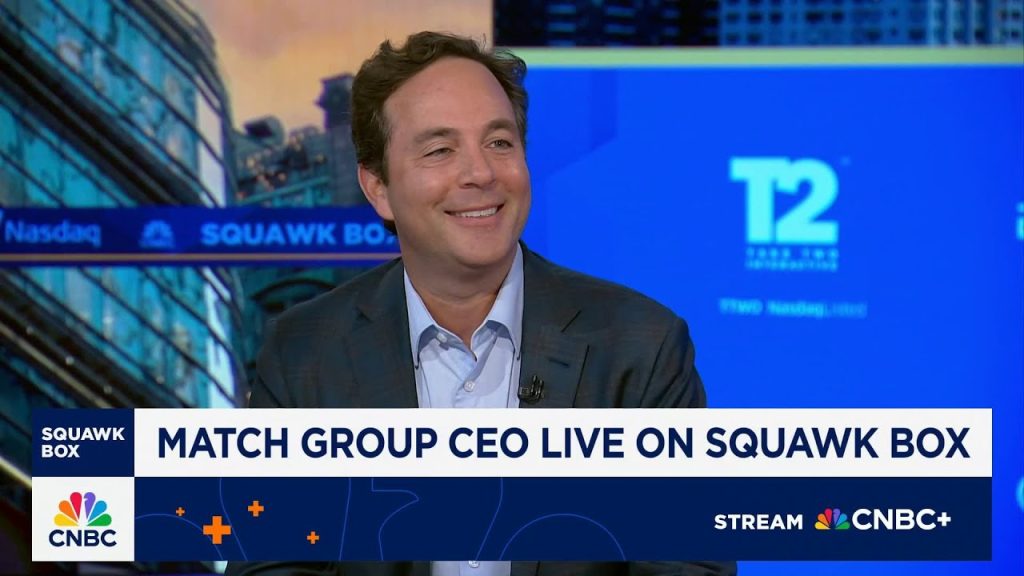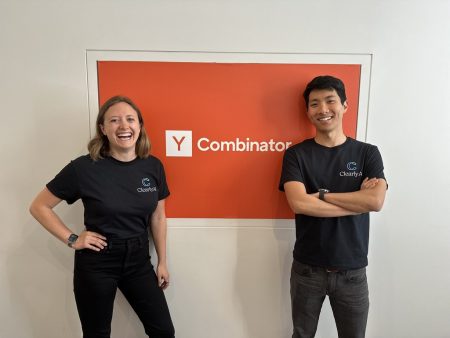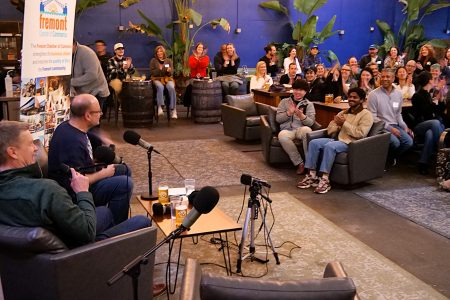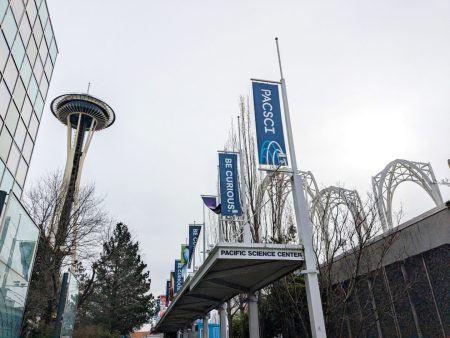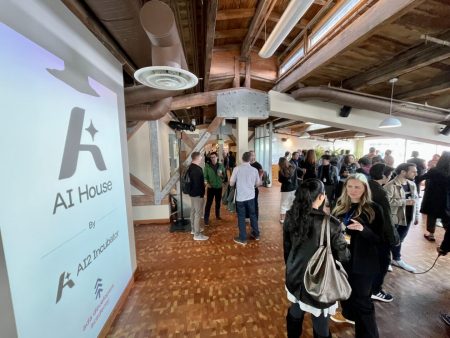AI as a Wingman: Spencer Rascoff on the Future of Dating Apps
In a candid discussion on CNBC’s “Squawk Box,” former Zillow CEO and current Match Group head Spencer Rascoff shared his vision for how artificial intelligence is reshaping modern romance—while maintaining firm boundaries on just how intimate that technology should become. Speaking with hosts Andrew Ross Sorkin and Joe Kernen, Rascoff painted a picture of AI as the ultimate wingman rather than a potential romantic partner, emphasizing technology’s role in facilitating human connections rather than replacing them. At a time when loneliness has reached epidemic proportions worldwide, Rascoff sees AI-enhanced dating platforms as powerful tools to bring people together, not drive them further into digital isolation.
The conversation took an interesting turn when Sorkin repeatedly questioned whether we might be heading toward romantic relationships between humans and AI, or at least a world where our digital assistants negotiate romantic connections on our behalf. Rascoff firmly rejected this “dystopian future,” emphasizing that human connection remains primal and irreplaceable. “We’re about driving human connection,” he stated with conviction. “It’s something that everybody seeks.” His position reflects a nuanced understanding of technology’s proper place in the dating ecosystem—as a facilitator rather than a participant. Even co-host Kernen humorously pointed out the obvious limitations of human-AI relationships, noting they would be difficult to “consummate,” highlighting the physical and emotional boundaries that technology simply cannot cross.
Behind the scenes at Match Group’s portfolio of dating platforms—which includes household names like Match.com, OKCupid, Tinder, and Hinge—AI has become what Rascoff describes as “the beating heart of any dating app.” The technology drives sophisticated matching algorithms that determine which potential partners appear in users’ feeds, learning continuously from interaction patterns to improve compatibility suggestions. But AI’s role extends beyond simple matchmaking; it also helps users create more compelling profiles and offers conversation prompts when messaging stalls between matches. These practical applications demonstrate how AI can enhance the dating experience without overtaking it, serving as a digital assistant that helps navigate the sometimes awkward waters of online romance.
Rascoff’s vision for AI in dating is refreshingly balanced—embracing technological advances while maintaining a clear-eyed view of their limitations. Rather than fearing a future where digital proxies negotiate our love lives, he sees AI more as a trusted friend offering advice from the sidelines. “The way we look at AI is it gets you to the good stuff faster,” he explained, suggesting that technology should accelerate meaningful human connections rather than replace them. This perspective acknowledges both the power and limitations of artificial intelligence: while it can process vast amounts of data to suggest compatible matches, it cannot replicate the chemistry, vulnerability, and emotional intimacy that define human relationships.
The conversation highlights a broader tension in our increasingly digital society—how to harness technology’s benefits without surrendering the uniquely human aspects of our lives. Dating apps represent a fascinating case study in this balance, using complex algorithms to facilitate connections that ultimately must transcend the digital realm to succeed. Rascoff’s leadership at Match Group appears guided by this principle: leveraging AI to overcome barriers to human connection rather than creating new ones. His rejection of AI as a romantic partner isn’t merely a business strategy but seems to reflect a deeper conviction about what relationships fundamentally require—mutual understanding, physical presence, and emotional reciprocity that even the most advanced technology cannot provide.
As dating continues to evolve in the digital age, Rascoff’s perspective offers reassurance that the companies behind our dating apps remain committed to meaningful human connection. Rather than a cold future where algorithms determine our romantic fate or AI companions replace human partners, he envisions technology serving as an enhancement to our natural social instincts. The “loneliness epidemic” he references is real and growing, particularly in younger generations who have grown up with digital intermediaries in their social lives. Match Group’s approach suggests that properly applied, technology might be part of the solution rather than the problem—helping people find authentic connections in an increasingly fragmented social landscape while preserving what makes human relationships unique and irreplaceable.





